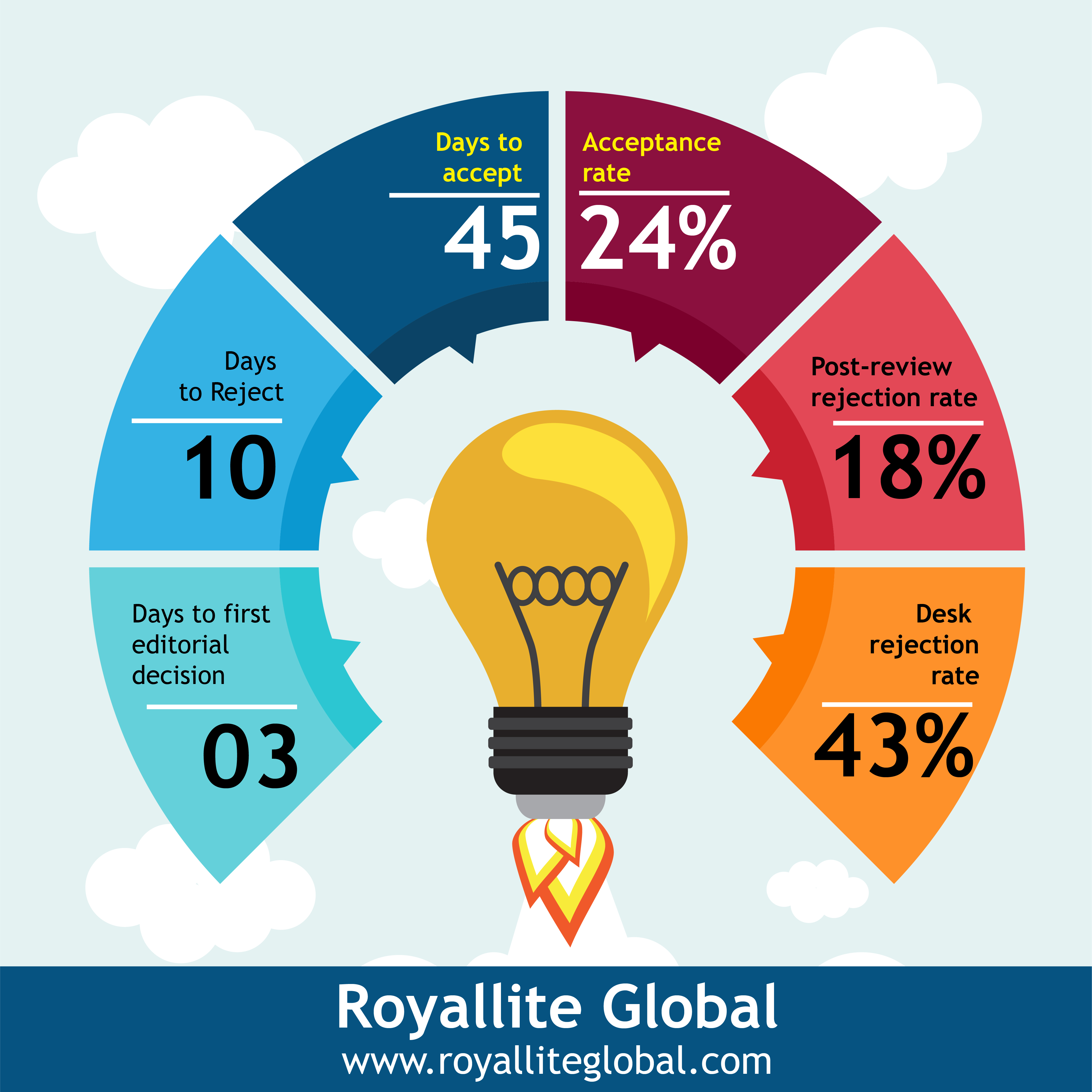We choose to see no evil: John Pombe Magufuli, the nationalist who championed the sovereignty of his country
Keywords:
corruption, development, metaphors, nationalism, Pan-AfricanismAbstract
This study sought to account for meaning construction in the blend of the conceptual metaphors found in the two songs sung by Bongo artists Harmonize and Rayvanny; identify the similarities in the political leadership qualities of President Thomas I. Sankara and John P. Magufuli and to discuss the lessons African leaders can learn from the strategic leadership styles of the two former African Statesmen. The study used the Conceptual Integration theory established by Fauconnier and Turner (2002) to analyze the data. A descriptive research design was employed and the data was analyzed qualitatively. Findings reveal that metaphors portray political leaders as larger-than-life individuals who are capable of providing solutions to myriad problems that bedevil their countries. The two former African presidents championed the sovereignty of their countries and defended the citizens against neo-colonialism and exploitation by foreigners.
References
Anyimadu, A. (2016). Politics and Development in Tanzania: Shifting the Status Quo. Journal of the Royal Institute of International Affairs, 11-38.
Fauconnier, G. (1997). Mappings in Thought and Language. Cambridge: Cambridge University Press.
Fauconnier, G. & Turner, M. (2002). The way we think: Conceptual blending and the mind’s
hidden complexities. New York: Basic Books.
Goldsmith, P. (2020). The Extraordinary Journey of J.P. Magufuli and Comparative Perspectives of Dog- Eat- Man Regimes. Nairobi: Elephant publishers.
Jackson, A.N. & Murrey, A. (2018). The Lives and Afterlives of Thomas Sankara. Retrieved from https://www.researchgate.net/publication/324830860.
Kӧvecses, Z. (2005). Metaphor in Culture: Universality and Variation. New York: Cambridge University Press.
Langat, P. (2021, March, 22). Africa: Magufuli Taught Us That Africa Can Do Without Foreign Aid. Retrieved from https://www.theeastafrican.co.ke
Leshoele, M. (2019). Pan Africanism and African Renaissance in Contemporary Africa: Lessons from Burkina Faso’s Thomas Sankara. (Unpublished PhD thesis). University of South Africa.
Malisa, M. & Nhengeze, P. (2018). Pan Africanism: A Quest for Liberation and the Pursuit of a United Africa. Journal of Genealogy vol 2 (28), 1-15.
Maimela, D. (2013). Pan Africanism of the 21st Century- Challenges and Prospects. The Journal of Helen Suzman Foundation, issue 71, 34-39.
Murrey, A. (2019). A Political Thought ‘Rich with a Thousand Nuances’: Thomas Sankara and a Political Economy of Happiness. Retrieved from https://www.researchgate.net/publication/331207182.
Nantambu, K. (1998). Pan Africanism versus Pan Africanism Nationalism: An Afrocentric Analysis. Journal of Black Studies, vol 28(5), 561-574.
Ng’wanakilala, F. (2017, October, 4). Tanzania president discloses salary, one of the lowest among African leaders. Retrieved from https://www.reuters.com
Ogonda, S. & Ngumbi, E. (2014). Jembe-It is a bout time Africa innovates a better farming tool. Retrieved from http://www. oyeskagreens.com
Opande, N.I & Mecha, G.E. (2016). I Mean What I Mean, Not What I Say: A Case of Double Entedres in EkeGusii. Journal of Cognitive Science, vol 17 (4), 571-605.
Otieno, T.M. (2015). Basic Concepts in Cognitive Semantics: A Case of Dholuo. IOSR Journal of Humanities and Social Science, vol 20 (8), 24-33.
Ouedraogo, L. (2018). Mediated Sankarism: Reinventing a Historical Figure to Reimagine the Future. African Studies Quarterly, vol 18(1), 19-29.
Sankara, T. (2007). Thomas Sankara Speaks. New York: Pathfinder press.
Shao, W. (2021, March, 18). Magufuli the African giant-A peasant’s son who became president. Retrieved from https://www.thecitizen.co.tz
Shaw, D. (2016). Tanzania’s President John Magufuli-The Hero of the Hour. Journal of institute for Defense Studies and Analyses, 1-7.
Shivji, I. (2021). Tanzania: The Dialectics of Maguphilia and Maguphobia. Nairobi: Elephant publishers.
Stadelmann, V. (2012). Language, Cognition, Interaction: Conceptual Blending as Discursive Practice. (Unpublished PhD thesis). Universtӓt Gießen.
Too., E. (2021, March, 19). Day Magufuli had his wife admitted to public hospital. Retrieved from https://www. standardmedia.co.ke
Wyche, S., Olson, J. & Karanu, M. (2019). Redesigning Agricultural Hand Tools in Western Kenya: Considering Human- Centered Design in ICTD. Information Technologies International Development, vol 15, 97-112.
Downloads
Published
License
Copyright (c) 2021 Cellyne Anudo, Joseph Rotumoi, Benard Kodak

This work is licensed under a Creative Commons Attribution-NonCommercial-ShareAlike 4.0 International License.
This open-access article is distributed under a Creative Commons Attribution (CC-BY) 4.0 license.
You are free to: Share — copy and redistribute the material in any medium or format. Adapt — remix, transform, and build upon the material for any purpose, even commercially. The licensor cannot revoke these freedoms as long as you follow the license terms. Under the following terms: Attribution — You must give appropriate credit, provide a link to the license, and indicate if changes were made. You may do so in any reasonable manner, but not in any way that suggests the licensor endorses you or your use. No additional restrictions You may not apply legal terms or technological measures that legally restrict others from doing anything the license permits.






